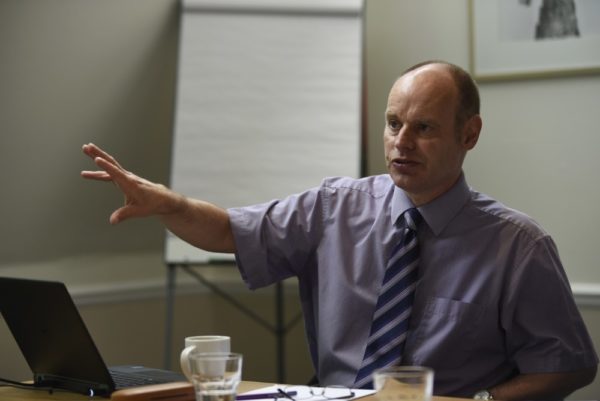
The last two years has seen a significant change in the leisure management procurement market but it is about to change once more.
Procurements concluded during the last two years have seen more and more services move from subsidy to delivering surpluses for local authorities on the back of extremely competitive bids from the market. However, this has triggered authorities to rush towards procurement in a quest to make significant savings. 12 months ago, there were circa 8 live leisure procurements and now there are more than 22.
This means that demand is overtaking the capacity of operators to bid and as a result they starting to qualify out opportunities to focus their bidding resources.
What does this mean for local authorities procuring their leisure services now?
12 months ago, you could expect to receive 10 or more Pre-Qualification Questionnaires for a leisure procurement but now it is likely to be half of this number.
For those authorities that are going through re-procurement and have a strong incumbent operator it is going to be difficult to generate market interest as other potential bidders will perceive that all the “low hanging fruit” to deliver savings has already been exploited by the incumbent. They will not see any immediate potential for improvement.
So what can authorities do to ensure market interest?
SLC have identified the following measures that can be put in place:
- Consider a longer-term contract. The cost of to a bidder of tendering for a 10-year contract is the same as a 15-year contract but the bidders will see the latter as having potential for a 50% greater return.
- For those re-procuring contracts that may have a strong incumbent the Council needs to consider making the contract different to the existing operation to attract interest. The most successful way of doing this is to include investment in the new contract, ideally Council sourced capital repaid through a positive management fee. Essentially the opportunity needs a hook to attract bidders that provide them with a chance to deliver the service differently or with new facilities.
- Councils should ensure their procurement process is not too onerous. Heavy submission requirements and an excessive number of stages risk bidders qualifying out the opportunity due to the process being too resource intensive.
- Councils should carefully consider the timing of their procurements, taking into consideration other procurement in the market. If your procurement lands at the wrong time potential bidders may not have the capacity to bid.
Most of all we would caution local authorities not to base their procurement on recent history. Just because a neighbouring authority undertook a successful procurement in a particular way this does not mean it is a template for all successful procurements. The market has changed rapidly in the last year and what worked in 2016 may not work in 2017.
Linked to these recent market changes, SLC will be holding a series of two separately themed Think Tanks on 27th (Manchester) and 28th September 2017 (Birmingham) focusing on Sustainable Leisure and Cultural Services. The interactive sessions will enable Councils to explore their current and desired future states supported by peers and SLC’s sector experts. Case studies and recent experience of strategic transformation, leisure procurements and facility developments will be used to support learning. Places are strictly limited. For further details email info@slc.uk.com
David Rushton,
Managing Consultant, SLC
077804 37753
david@slc.uk.com

